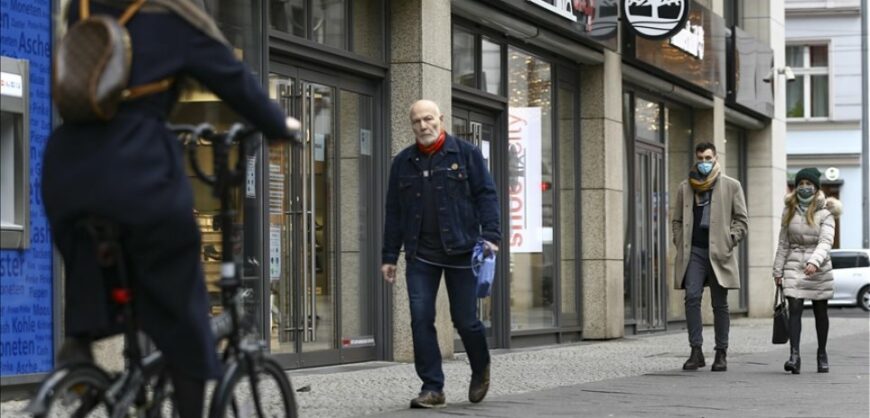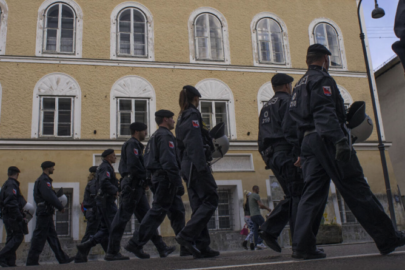Tensions between the German Federal government and states are escalating as some local governments are defying Covid-19 restrictions and measures imposed by central authorities, by planning to ease restrictions.
Despite a warning from Chancellor Angela Merkel herself, who even threatened to impose uniform measures at the federal level, states are showing they are not ready to comply.
PM Tobias Hans, of the state of Saarland, who belongs to the Christian Democratic Party (CDU) last week received a personal remark from Angela Merkel. “Now is not the time to discuss such things,” the chancellor said in a televised interview, referring to the state government’s “pilot plan” for a limited opening on the condition of a negative coronavirus test. If the situation continued, he had stated, “I will not remain an observer – this is my oath of office and my obligation,” he had said characteristically.
Ignoring the warning, but also the growing number of cases in the area, Saarland today opened the outdoor dining areas for groups of up to five people from two different households by booking and registering their details. If there are more people in the company, they should all have a negative test on the same day. Gyms, theatres, and cinemas are still open dependent on the tests, while team sports in open spaces are allowed again. If all goes well, after April 18 there may be further relaxation and the opening of schools – with the obligation to take two tests a week.
In the state, however, the case rate per 100,000 inhabitants in seven days has risen in recent weeks from 66 to 91.3. At the federal level, the index is currently at 123, according to data released by the Robert Koch Institute, but clarified that due to the Easter days, the data may not be accurate.
“After a year of pandemic, we have to think of more than just closures and restrictions,” said Hans, defending his choice, adding that it was not an “experiment” as the case rate was still below the 100-mark. He even assured that if an increase is observed, he will apply the “emergency brake”, as agreed and the area will return to lockdown.
Similar plans for easing restrictions are being prepared by governments in both Saxony and Saxony-Anhalt, with the opening of zoos and botanical gardens, museums, retail and wholesale shops, hairdressers and beauty salons, and mandatory tests.
The federal government, however, does not take kindly to the relaxation plans, while it is said to be preparing for the imposition of a strict lockdown throughout the country.





































